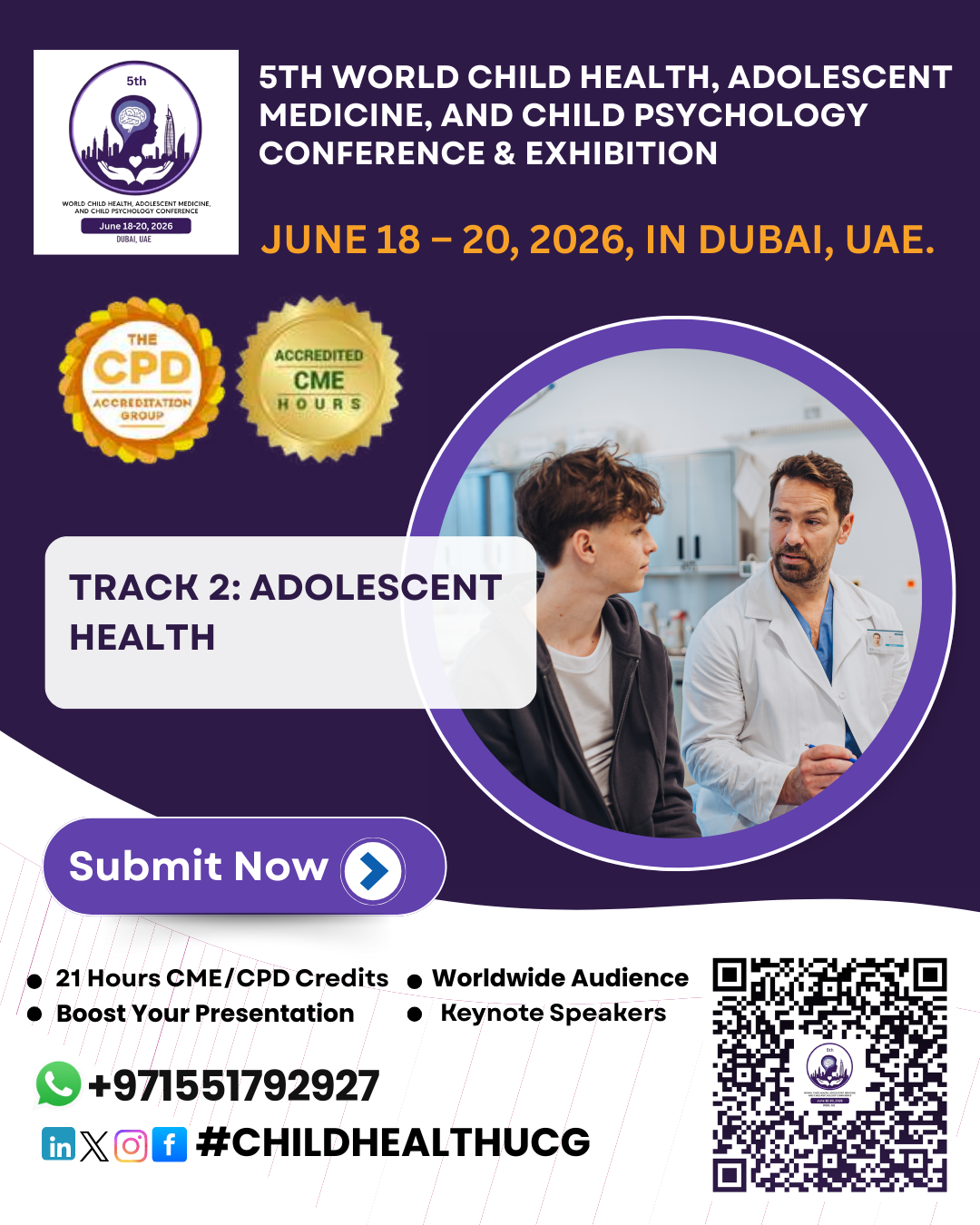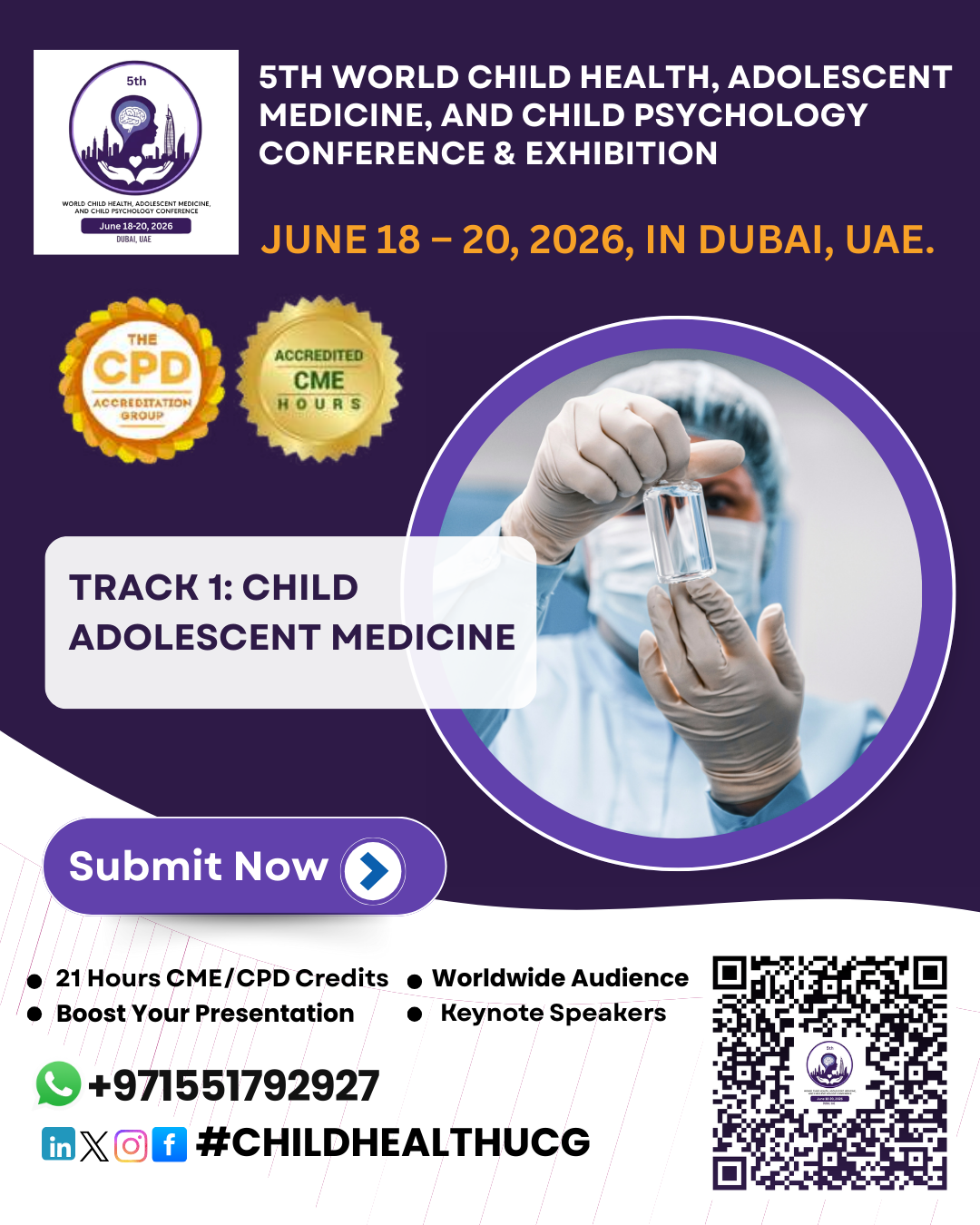



Sub Topics:
Adolescent Health, Pediatric Cardiology, Pediatric...

What is Adolescent Health?
Adolescent health focuses on the physical, mental,...

What is Adolescent Health?
Adolescent health focuses on the physical, mental, and social well-being of individuals aged 10 to 19 years. This stage is critical for growth, development, and the formation of lifelong health behaviors. Addressing adolescent health ensures a smoother transition into adulthood with positive health outcomes.
Key Aspects of Adolescent Health
1. Physical Health & Nutrition
Proper nutrition supports growth and development.
Regular exercise reduces obesity and related illnesses.
Access to vaccinations (e.g., HPV, meningitis) prevents serious diseases.
Awareness of sexual and reproductive health ensures safe practices.
2. Mental Health & Well-Being
Adolescents are vulnerable to anxiety, depression, and stress.
Early mental health support and counseling can prevent long-term issues.
Addressing peer pressure, bullying, and social media influence is crucial.
3. Sexual & Reproductive Health
Comprehensive sex education helps prevent STIs and unplanned pregnancies.
Access to contraceptives and reproductive healthcare is essential.
Awareness of consent, relationships, and personal boundaries is important.
4. Substance Use & Risky Behaviors
Adolescents may experiment with alcohol, drugs, and tobacco.
Education on addiction, peer influence, and consequences is necessary.
Preventative programs reduce risk-taking behaviors, including reckless driving and unsafe sex.
5. Social Determinants of Health
Family, education, and socioeconomic factors shape adolescent well-being.
Access to healthcare, community support, and safe environments promotes healthy lifestyles.
Encouraging positive role models and mentorship helps build resilience.
Challenges in Adolescent Health
Limited access to healthcare in underserved communities.
Mental health stigma, preventing adolescents from seeking help.
Social media influence leading to body image issues, cyberbullying, and stress.
High rates of STIs and unplanned pregnancies due to inadequate education.
Substance abuse and addiction as coping mechanisms for stress.
The Importance of Adolescent Health Programs
Improves long-term health outcomes and reduces disease burden.
Encourages healthy lifestyle choices and preventive behaviors.
Supports mental resilience and emotional well-being.
Reduces health disparities by providing equal access to resources.